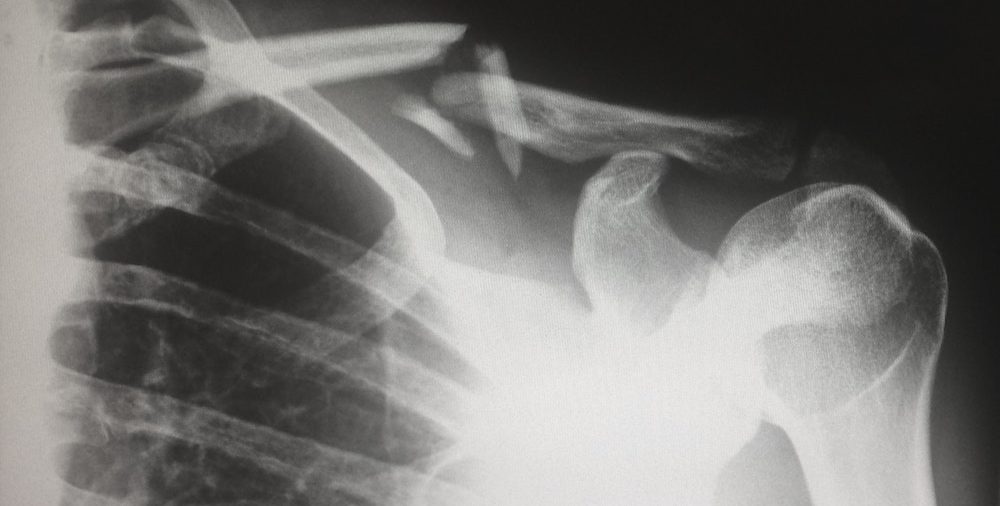When you’re injured, whether that’s at work or everyday life, it has a significant impact on your ability to continue on and keep earning money. If your injury is severe enough, you may not be able to keep working at all – which is less than ideal! It’s hard enough to work with an injury, but when you can’t work at all, it puts your finances in a tight spot.
Most people who find that they have suffered an injury at work can get some help with their medical insurance, but it doesn’t cover all bills and not for an extended length of time. The harder it is to complete your usual daily routine, the harder it is to find work that would be manageable.
With an injury, it’s the unknown that’ll keep you up at night. How long will you be out? What will work look like when you return? What benefits or options do you have? The question that comes up is: what can you do about it? Below are some suggestions of how to keep yourself afloat and plan for the long-term when an injury has interrupted your ability to work.
Find Some Advice
If your injury at work wasn’t your fault, you need to get some help from a Bellevue trial attorney who has exceptional experience in personal injury law. Attorneys are experts in the law and can advise if you have a case if your employer isn’t being completely fair towards you. You could be due a payout of compensation and not know about it, so it’s always best to get some advice first and foremost. Also seeking advice from family or friends is always wise! Review what short-term or long-term disability policies you have and what they’ll cover.
Try To Work
Depending on the severity of the injury and what that means for you long-term, you may need to figure out a Plan B. There are a lot of jobs that enable you to work from home, so if your injury allows it, try to find something to keep you going. Even if you get a compensation settlement, you may not be all that flush for very long. It’s always a good idea to plan ahead.
Get Rid of Debt
If you can, try to clear away any unpaid debts and bills that you have, which is a good idea regardless. Without a regular enough income that equals anything like you used to have, you want to be able to make your other essential payments, such as your rent or mortgage and your food payments. Clearing the debt with your settlement is going to help you massively – but speak to a financial advisor first as they can advise how much you should keep aside.
Build Savings
In the same context, building some savings separately is a must. Injuries are not always straightforward, and the treatments can often be expensive. There’s just so much unknown in terms of timeline and what you’ll be able to do moving forward os it’s wise to plan for the worst. So, you have to weigh up whether you need to have money to one side to cover emergencies outside your insurance payments and start saving up!
Cut Back Expenses
There are a lot of ways that you can make cuts to the budget you have in your home, from cutting down your TV package to saving money by switching brands at the supermarket. No matter what the switch, make savings where you can, and you’ll find managing your money far easier.
You shouldn’t have to be left to worry just because you’ve had an injury. It’s essential that you look at your finances carefully, get a second opinion and make sure that you get legal advice for your possible settlement. Don’t be held back because of an injury; financial freedom is still possible.
Disclosure: Some links are affiliate links that may earn me a commission.


 Personal Finances are certainly top of mind for many of us. If you're looking to get serious about improving your financial situation, we've got lots of great materials all over this site! Additionally, we realize that there's a lot of noise out there, and so we created PERSONAL FINANCIAL GUIDES focused on topics with all the info you need, and without any of the noise/ads/clickbait.
Personal Finances are certainly top of mind for many of us. If you're looking to get serious about improving your financial situation, we've got lots of great materials all over this site! Additionally, we realize that there's a lot of noise out there, and so we created PERSONAL FINANCIAL GUIDES focused on topics with all the info you need, and without any of the noise/ads/clickbait.